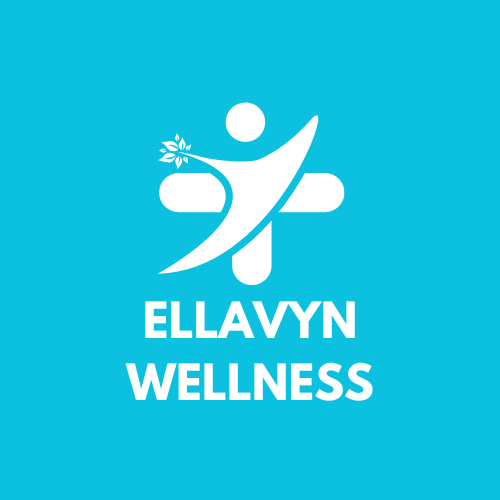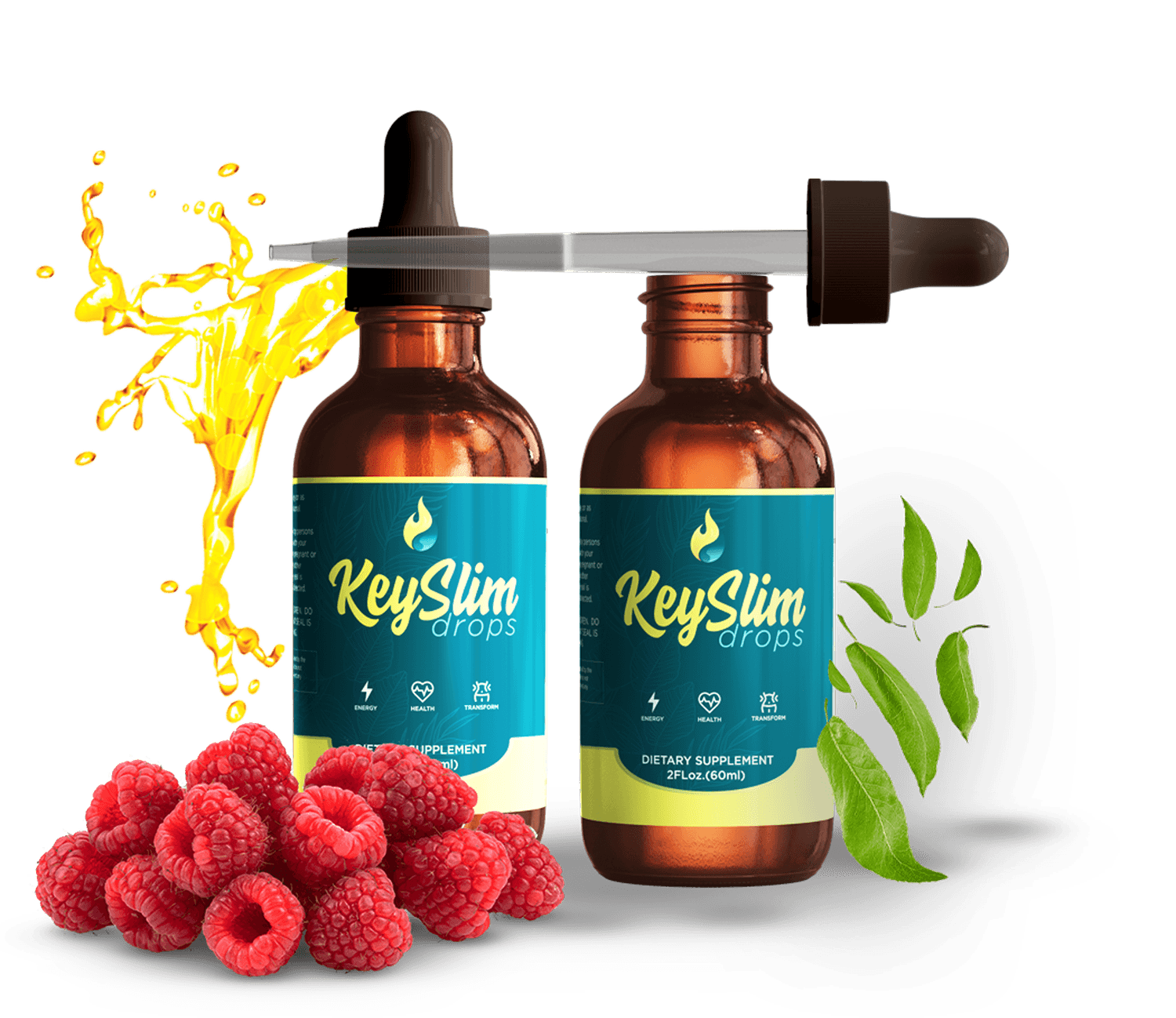Debunking Fat Loss Myths: The Weight Loss Truths You Need to Know
In a world awash with quick fixes and fad diets, it's no wonder fat loss myths are more prevalent than ever, leaving many of us bewildered and frustrated. We've all heard the whispers of magical solutions that promise the body of your dreams, yet often these claims are rooted more in fiction than fact. As your health-savvy sister and seasoned wellness coach, I'm here to peel back the layers of misinformation and shed light on effective fat loss strategies that actually work. Together, we'll navigate the weight loss truths you need to know, arming you with the knowledge to make informed choices on your journey to healthy weight loss. Let's debunk those myths and find real, sustainable ways to support your fat burning techniques, turning hope into empowerment one small step at a time.
Understanding Fat Loss Myths
Before we dive into effective strategies, let's clear the air about some common misconceptions. Understanding these myths is crucial for setting realistic expectations and avoiding frustration on your weight loss journey.
Spot Reduction and Its Fallacy
The idea of spot reduction - losing fat from specific body parts through targeted exercises - is one of the most persistent fat loss myths. It's tempting to believe that doing endless crunches will melt away belly fat, but the reality is quite different.
Our bodies don't discriminate when it comes to fat loss. When we create a calorie deficit, fat is reduced overall, not just in one area. This means those 100 daily sit-ups might strengthen your core, but they won't necessarily lead to a flatter stomach.
Instead of focusing on spot reduction, aim for a balanced approach that combines full-body strength training and cardio. This strategy will help you burn fat more efficiently and build lean muscle mass, leading to a more toned appearance overall.
The Truth About Fad Diets
Fad diets promise quick results, often by eliminating entire food groups or drastically reducing calorie intake. While these approaches might lead to initial weight loss, they're rarely sustainable and can even be harmful in the long run.
The problem with fad diets:
They often lack essential nutrients
Can slow down your metabolism
May lead to yo-yo dieting and weight regain
Instead of falling for the latest diet trend, focus on creating a balanced, sustainable eating plan. This means including a variety of foods from all food groups, paying attention to portion sizes, and making choices that you can stick with long-term.
Remember, healthy weight loss is about making lifestyle changes, not following restrictive, short-term diets. Your body deserves nourishment, not deprivation.
Effective Fat Loss Strategies
Now that we've debunked some common myths, let's explore strategies that actually work for sustainable fat loss. These approaches are backed by science and focus on long-term health rather than quick fixes.
Sustainable Lifestyle Changes
The key to effective fat loss lies in making sustainable lifestyle changes. This means adopting habits that you can maintain over time, rather than drastic measures that are hard to stick to.
Start by assessing your current habits and identifying areas for improvement. This could mean swapping sugary drinks for water, adding more vegetables to your meals, or finding ways to be more active throughout the day.
Remember, small changes add up over time. Focus on progress, not perfection. Celebrate the small wins along the way, and be patient with yourself as you build new habits.
Importance of Consistent Exercise
Regular physical activity is crucial for fat loss and overall health. It not only burns calories but also helps build lean muscle mass, which can boost your metabolism.
Benefits of consistent exercise:
Increases calorie burn
Improves insulin sensitivity
Boosts mood and energy levels
Enhances overall health
Aim for a mix of cardio and strength training exercises. Cardio helps burn calories, while strength training builds muscle and increases your resting metabolic rate. Find activities you enjoy to make exercise a sustainable part of your routine.
Remember, consistency is key. It's better to exercise moderately several times a week than to push yourself to exhaustion once in a while.
The Real Weight Loss Truths
Let's cut through the noise and focus on the real truths about weight loss. Understanding these principles will help you approach your fat loss journey with realistic expectations and a healthy mindset.
Healthy Weight Loss Goals
Setting realistic goals is crucial for long-term success in your weight loss journey. While it's tempting to aim for rapid results, slow and steady progress is more sustainable and healthier for your body.
A healthy rate of weight loss is typically 1-2 pounds per week. This pace allows your body to adjust gradually and reduces the risk of muscle loss. It also gives you time to develop new habits that will support your weight loss in the long term.
Remember, the number on the scale isn't everything. Focus on other indicators of progress, such as how your clothes fit, your energy levels, and improvements in your overall health.
Embracing Fat Burning Techniques
Effective fat burning techniques go beyond just diet and exercise. They involve a holistic approach that considers various aspects of your lifestyle and physiology.
Some proven fat burning techniques include:
High-Intensity Interval Training (HIIT)
Strength training to build lean muscle
Getting adequate sleep
Managing stress levels
Staying hydrated
Remember, there's no one-size-fits-all approach to fat loss. What works for one person may not work for another. Be patient with yourself and be willing to experiment to find what works best for your body.
By embracing these evidence-based strategies and debunking common myths, you're setting yourself up for sustainable, healthy weight loss. Remember, your journey is unique, and progress takes time. Stay consistent, be patient with yourself, and celebrate every step forward on your path to better health.
Created with © systeme.io
Full Disclaimer – Please Read Carefully
Evallyn Wellness is not a medical organization and does not provide medical advice, diagnosis, or treatment. The information presented on this site is for educational and informational purposes only and reflects the personal opinions of the authors based on publicly available research and third-party product claims.
We are not affiliated with or endorsed by the creators or manufacturers of KeySlim Drops™ or any products we review. We do not own, formulate, or distribute these products. All trademarks and product names are the property of their respective owners.
This site may include affiliate links, which means Evallyn Wellness may receive a commission if you choose to make a purchase through those links. Commission rates and product pricing are determined by the seller and are subject to change.
None of the content on this website is intended as a substitute for professional medical advice, diagnosis, or treatment. Always consult your physician, registered dietitian, pharmacist, or other licensed healthcare provider before starting any new supplement, dietary regimen, or wellness program.
Every individual is different. Results are not guaranteed and may vary depending on your current health status, medical history, medications, genetics, and lifestyle factors. It is your sole responsibility to evaluate the risks and benefits of any product or ingredient and to verify any claims with your own independent research.
FDA Notice (United States): Statements made about dietary supplements on this website have not been evaluated by the Food and Drug Administration (FDA). These products are not intended to diagnose, treat, cure, or prevent any disease.
EU Compliance (European Union): All references to health benefits are made in accordance with EU Regulation (EC) No 1924/2006 on nutrition and health claims made on foods. No unauthorized or unsubstantiated health claims are intended.
By using this site, you acknowledge and agree that any actions you take based on the content presented here are done at your own discretion and risk.





